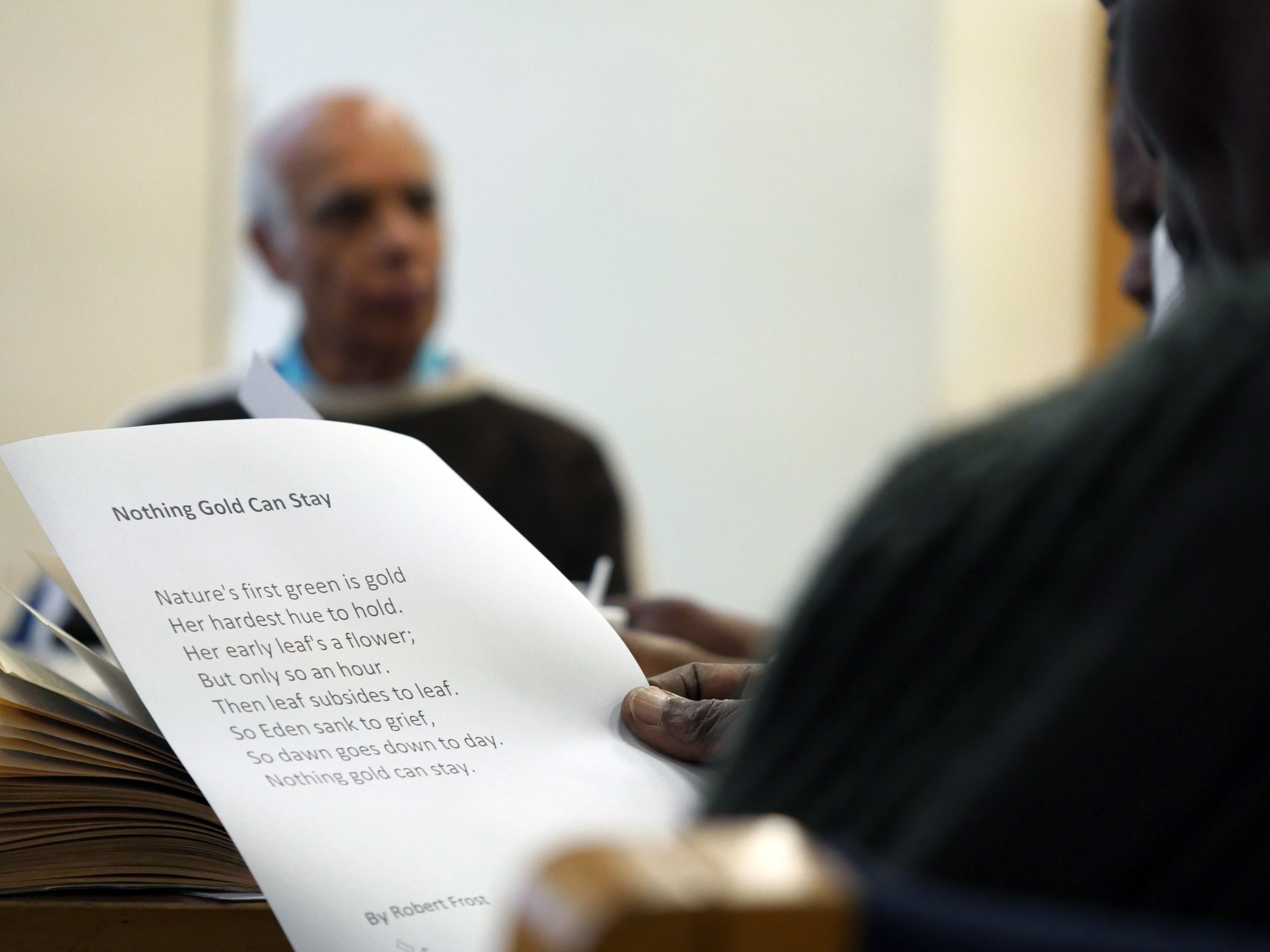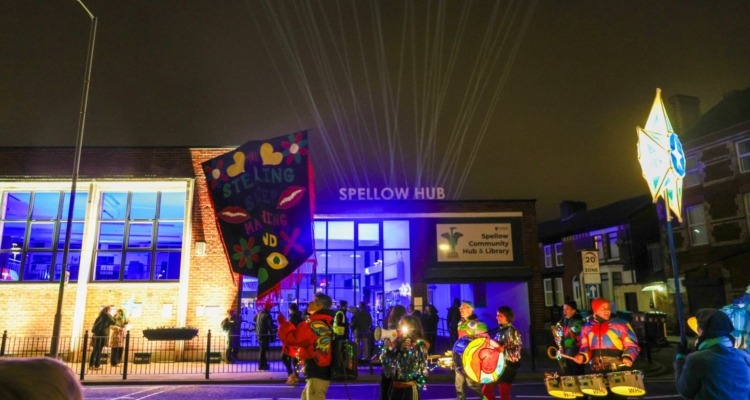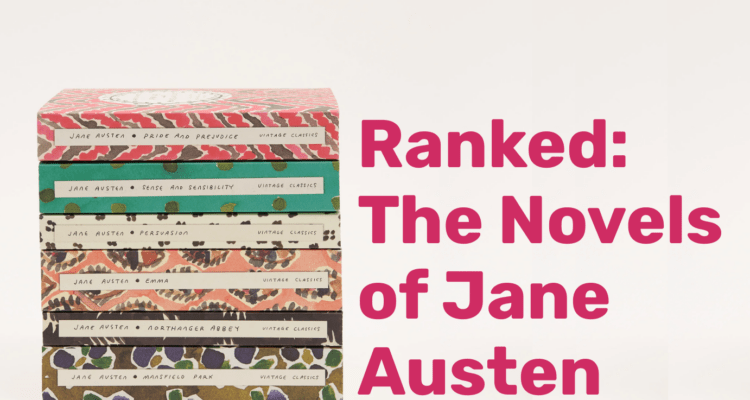Stuart’s Reader Story – “It’s helped me be happy”
Stuart has been attending Shared Reading groups in West London for over 10 years, here he talks about the effects that Shared Reading has had on him during that time.

I’ve had mental health problems, and instead of letting people moulder in day centres the philosophy was get out in the community, don’t sit the rest of your life in a drop-in, having everything done for you, get out into training, education, religious, whatever, rather than that. When they asked me what I would like to do, I said join a book group.
But I have to tell you I wasn’t a reader and the reason I wasn’t a reader is because I found reading difficult. You know, sometimes, I didn’t understand the great novels and I’d get frustrated. My reading matter was newspapers and journals but the books were left on the shelf. I found them frustrating and too big for me. So, when I came to the group, I felt that high [indicates lowness with hand], and I thought “this is not going to work, I don’t think my life has the breadth and width to have much to contribute”. I went in there really feeling a very, very small person.
To my surprise, I found I had a lot to say and I realised that I had quite a lot of life experience. I was getting the stories and it wasn’t frustrating. If you sort of sit back and wait, someone else will talk, it might be a nutty or difficult part of the passage.
It’s magical how a group of people can bring meaning from our different perspectives, and I have mine.
I have to say, I hogged space in the group to begin with, I had to learn not to do that. I was absolutely full of my own opinions and didn’t listen to other people, cutting them off and so on. I don’t do that anymore, I’ve learned group manners. I’ve become more aware so I’m much more group sensitive now, listening. So yeah, I wasn’t a great reader, but I loved getting into a book with the group and that was perfect for me so I’ve grown in that time.
When I joined the group, I was a carer, she was very ill, becoming bed bound for five years, but I was still managing to get out for afternoons and things like that, and I desperately needed to meet people. The group took me away from the whole situation. For me, it was respite from this incredible situation we were in. Because, it’s not just coming, reading a story, going home and forgetting about it, it’s with me for a week, or longer, or forever!
It was company but it was also a way to focus on something away from her needs and it was something for me. I would sort of mull it over, and see a different perspective. I would be thinking all week about the chapter or the story we read and I would rush in and be first in the group as we were setting up the tables,. I had to give the benefits of my insights which I had been hanging onto all week. It was the spilling over effect. As long as there are Shared Reading groups, I shall be going to them.
I’ve learned to be myself in the group. I’ve got a clear idea of who I am, what I can do, what I hope to do, instead of having this appallingly negative image of myself. I even thought I wasn’t doing the caring well enough. I thought because I’m not particularly empathic and I have areas where I’m not so strong that I had completely let her down and all this was going on as I was attending the group. The two things were happening in parallel so I had all these strands, out of which I became a stronger, fuller person. And stuff like this would be wound into the stories, you would see things and think “ahhhh yes, I recognise this”.
I studied Shakespeare in school, at O-Level and A-Level, and what I feel is that when I was at school, I was naïve, innocent and inexperienced about life in the world so it just went completely over my head and so I thought Shakespeare wasn’t for me. How wrong!
Through the group I’ve developed a love of Shakespeare. And what I’ve found reading Shakespeare is that you don’t need to do it like they did at school, you can just go with the sweep, get the feeling of it. In the play ‘Timon of Athens’, Timon gives away his money and when the money runs out of course, nobody helps him. I’d been a bit careless with money, it was a direct connection.
And also, Falstaff, you know low-life, and there was one line that stuck out when Henry is going to his coronation and Falstaff is there thinking ‘we’re still best mates’ and Henry looks at him and says ‘do I know you old man?’. He renounced him. I could read Falstaff and think “oh my gosh it’s a depiction of low-life which is as recognisable 400 years ago as it was in Earls Court in the 1980s”.
And King Lear, I have, I realise now, a wonderful father, but for various reasons I was very hard on him. Subsequently, seeing how Goneril and Regan treat their father really moves me because I’m thinking of my dad and I’m thinking of older men who are treated unkindly. I was very unfair on my father, I don’t know why, I’ve tried to work it out but I don’t know why. My mother predeceased dad and I was able to look after him, not every day, but I used to go home every weekend and he was a fantastic dad, so I feel so much for Lear, he was foolish.
I will be here forever, I’ll be coming with my little frame, I’ll be the doddery old man in the group. It’s a place to make friends with a shared interest. Not just going down to the pub and nattering on, but to have a shared interest, friends with a purpose. Make friends, lose your fear, keep your respect for the great novels, the great plays.
It can seem as impossible to climb as Everest, it was for me. The great novels I thought were completely beyond me—so go and discover you can climb these mountains and look at the views.
Sheer enjoyment, it’s fun, it’s therapeutic, but not clinical. It’s elevating. It’s for everyone, from people like me to children, it’s not exclusive, it’s thought provoking, it’s inspiring, it’s confidence building.
I thought I had nothing to say, I really did. For the first several weeks I dreaded it at first but I kept coming.
It’s given me confidence, my belief in myself was rock bottom, I was my own worst enemy. I’ve become more relaxed and not tensed up, I’m more relaxed around people, more socially aware of being with people. I’ve gone through life introverted and isolated, so I would say it’s really helped me socially, and yeah, I would say it’s helped me be happy.
Share
Related Articles

The Reader launches new Shared Reading group in Spellow Library ‘open to everyone, regardless of background or literacy levels’
The Liverpool-based national charity’s new weekly group is a free and enjoyable activity where people can connect and share experiences…

A breath of fresh air! This summer’s outdoor and cultural events at our Calderstones Park home
The Reader serves up a giant scoop of summer arts and entertainment from three special summer garden parties with special…

Ranked: The Novels of Jane Austen
2025 marks the 250th anniversary of Jane Austen's birth and it's got us thinking about what an incredible legacy she…


